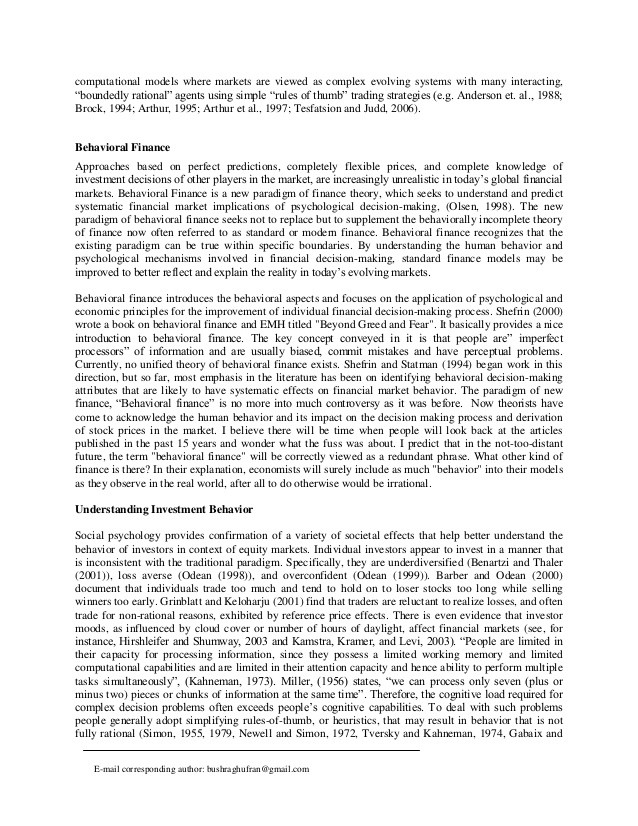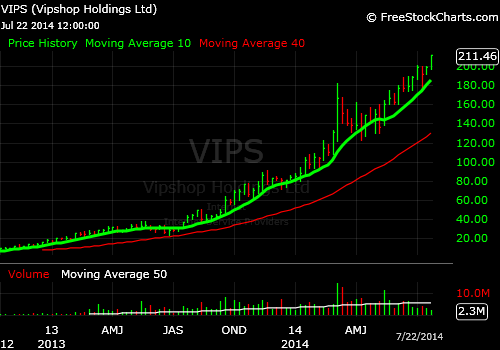Are You a Trader or an Investor_5
Post on: 15 Апрель, 2015 No Comment

Articles
Are You a Trader or an Investor?
By Ken Little, Your Guide to Stocks.
It»s Important to Know the Difference
Are you investing in a stock or a company? That may sound like a confusing question, but it is an important distinction and can get you in trouble if you don’t know the answer?
First, let’s be clear that either answer is okay. The problem arises when investors confuse one with the other or starts out investing in a stock, then change their minds when something goes wrong.
Let me explain the difference between investing in a stock and investing in a company.
If you buy a stock:
You are buying because you sense a price movement for some reason (through technical analysis, market/sector news, and so forth)
You are interested in profiting from a price movement and, most likely, selling and moving on to another stock See Tools of Fundamental Analysis.
You have no real interest in the company behind the stock other than it is in the right place at the right time.
If you invest in a company:
You have done a thorough analysis of the company and believe it has long-term growth potential
You understand what the company does and its position in its market
If the price drops, you know why and can determine whether this is a short-term situation or a change that will have a long-term impact on the stock’s price A person who buys a stock is more precisely a trader, while a person who buys a company is an investor.
A trader may not hold a stock very long or may hold it a long time, depending on its performance. An investor buys a company with the intent of holding on to the stock for a long time.
When things go bad
As long as the stock’s price is performing well, neither the trader, nor the investor has much of a problem. However, when the stock’s price starts falling, that’s another matter.

The smart trader has an escape plan in place to prevent small loses from becoming big loses. The trader has no emotional attachment to the stock, so getting rid of the loser at a predetermined point is easy.
Many traders find that dumping a stock when it has fallen 7% or 8%, a good way to keep loses small. If you set your sell level higher, you are in danger of letting a normal market blip trip your sell signal, only to see the stock and market rebound.
The problem arises when the trader decides they really like this stock and don’t want to give it up so easily. In other words, theyve quit being traders and become investors.
The Problem
The problem is they usually don’t know enough about the company to make intelligent decisions about whether to hold the stock or let it go. They are no longer smart traders and they aren’t smart investors.
Any decision they make as an investor at this point will be a guess.
The investor is probably better off when things go bad, but only if you have the courage of your convictions. If the stock price drops, reassess the company and the market.
Did you miss something? Has something changed? Or is now the time to add to your holdings?
Don’t jump on the sell at 7% loss rule if you truly believe in the company’s long-term potential. If you become a trader at this point, you are robbing your future.














